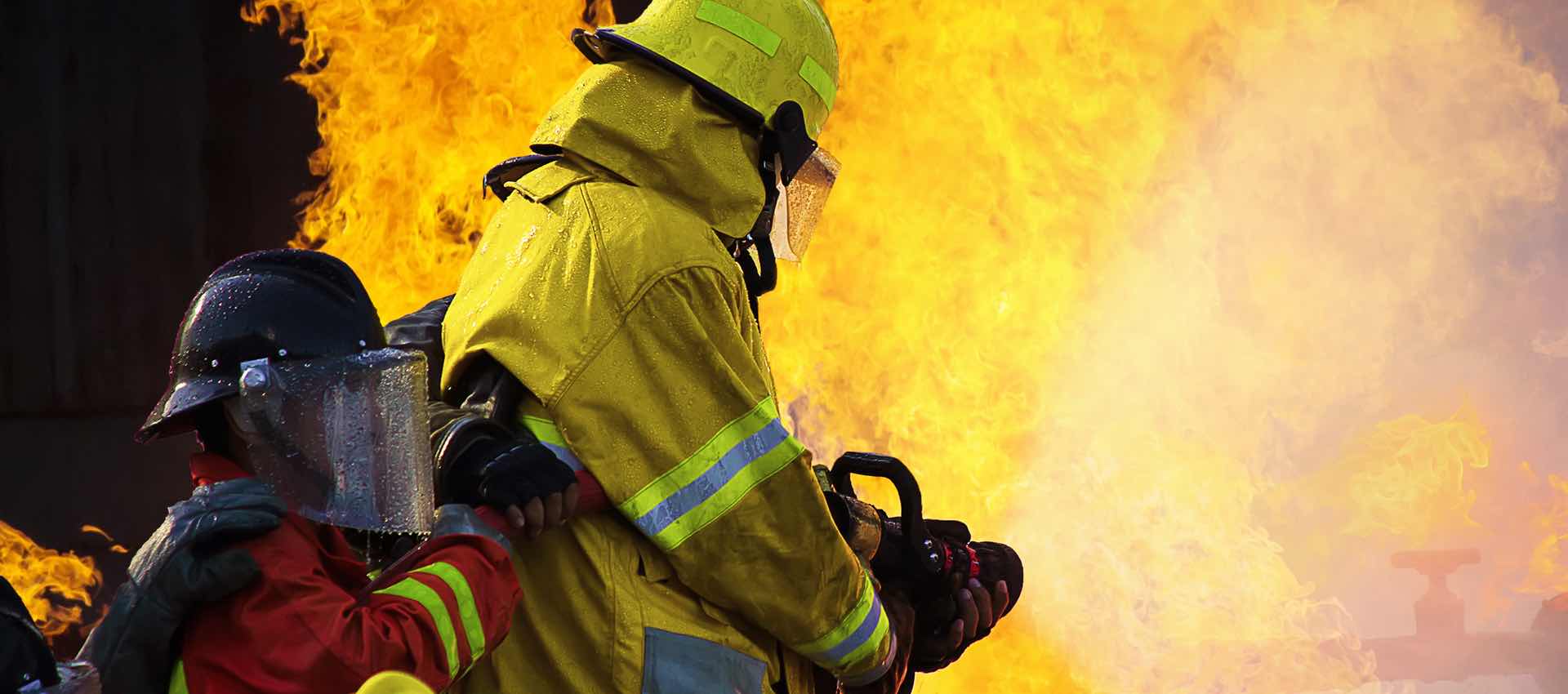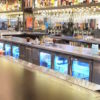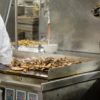Nearly 60 percent of all restaurant fires start in the kitchen. Though usually small and resulting in limited damage, restaurant kitchens have all the ingredients for a destructive fire, and restaurants pose a unique risk because of the potential for large numbers of customers at one time.
The National Fire Protection Association (NFPA), the authority on fire, electrical and building safety, has established a set of codes and standards for ventilation control and fire protection of commercial cooking operations – specifically NFPA 96. In fact, NFPA 96 is followed by most city fire marshals, who ultimately decide whether or not your business is safe for patrons.
As a restaurant operator, it is imperative that you are familiar with the following details of NFPA 96:
- Regularly schedule exhaust system inspection and cleaning. A certified exhaust system cleaner must inspect the area regularly for possible grease buildup. If the area contains oily sludge, it must be cleaned. Removable parts must be cleaned regularly before they become heavily contaminated with grease or oil.
- Regularly clean and maintain hood filters and spark arrestor filters. Grease filters or baffle filters must be UL-listed and made of steel or another rigid material. Spark arrestor filters are also required for solid fuel cooking operations to minimize the entrance of sparks and embers into the grease filter.
- Rooftop terminations and wiring systems should be weatherproof and flexible. Electrical malfunctions cause about 8 percent of all restaurant fires. To prevent this, wiring should also never be installed in ducts, and service hold-open retainers should be present to allow for easy inspection and cleaning of materials on the roof.
- Rooftop grease containment systems should be non-combustible, closed and rainproof. Additionally, the system must be structurally sound, and the upblast fan(s) should include a way to drain grease into a visible receptacle no more than one gallon in volume.
- All upblast fans with motors surrounded by the airstream should be hinged. Exhaust fan hinge kits make it easy to safely clean the exhaust fan and eliminate the risk of damage to fan components like bending the base plate or duct work, over-stretching the wire or causing loose connections, and causing major roof damage. In fact, many insurance companies are now requiring hinge kits on fans because it decreases liability.
- Access panels should be installed on all upblast fans to clean the fan’s blades and surrounding duct work. The duct work in a commercial kitchen exhaust system is one of the most important elements to keep clean. Combustible grease in the ductwork can provide fuel for a fire to grow. This leads to fires that are often harder to control and inflict more and costlier damage.
Keeping up with various building and fire codes can be a challenging and daunting task, but it’s critical and worth the effort. Becoming familiar with NFPA 96 requirements not only allows you additional insights into the best cooking operation maintenance practices for your restaurant, but also gives you peace of mind, but for the betterment of your kitchen staff and patrons.




